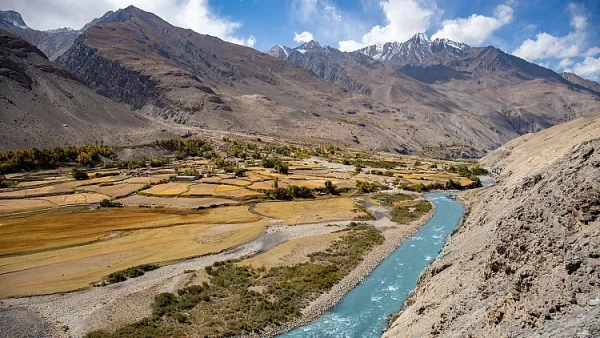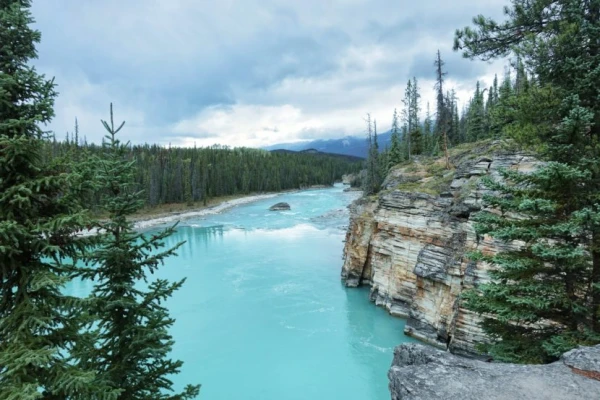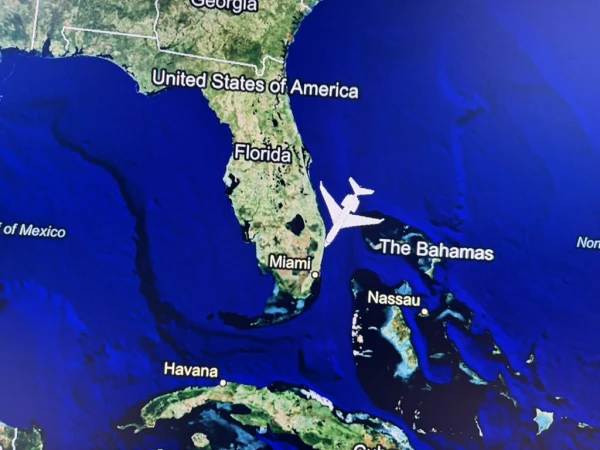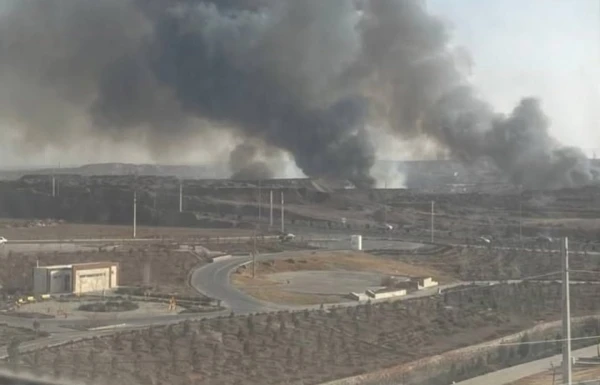
"It is one of the most eye-opening experiences you can have."
It is not yet a tourist boom, but the number of tourists in Afghanistan is once again growing after the Taliban came to power. In August of this year, 5,000 tourist visas were issued for Afghanistan. But is it worth going there?
One of the most repressive regimes in the world is benefiting from the growing trend of "dangerous tourism." In 2021, the Taliban regained control of Afghanistan after the end of a 20-year U.S. presence.
Since then, Amnesty International has warned that human rights violations have intensified, Afghanistan is losing its social achievements, and it has become the only country in the world where women are banned from receiving secondary and higher education.
Nevertheless, against the backdrop of gender persecution, targeted killings, and draconian laws, more travelers are heading to this country, attracted by its natural beauty, culinary delicacies, and religious landmarks.
Checking Afghanistan's tourism statistics is challenging. The official website of the National Statistics and Information Authority states that "data will be uploaded soon." However, earlier this year, Deputy Minister of Tourism Kudratullah Jamal stated that nearly 9,000 foreign tourists visited the country in 2024, with 3,000 arriving in the first three months of this year. Although these figures may seem very modest compared to tourist destinations like Spain and Greece, they demonstrate significant and sustained growth since the Taliban returned to power.
In 2021, amid the U.S. withdrawal and the Taliban blitzkrieg, only 691 international tourists visited the country. In 2022, this number rose to 2,300, and in 2023, it reached 7,000.
It was also reported that in August of this year, Afghanistan welcomed a record 5,000 foreign tourists.
Kieran Brown, a content creator and YouTuber, has visited more than 130 countries and spent 10 days in Afghanistan in March of last year.
Fascinated by countries that most people are afraid to visit, the 31-year-old man says he was drawn to the Taliban-controlled country because of its "mysterious combination of beauty, history, and resilience."
Brown was not deterred by Afghanistan's reputation and conducted his own research, including talking to locals, to ensure he would feel safe.
Highlights of his trip included exploring the old streets of Kabul, visiting the Blue Mosque in Mazar-i-Sharif, and interacting with locals.
"An Eye-Opening Experience"
"The hospitality and food were incredible," he tells Euronews Travel. "This is not a typical tourist destination, but it is one of the most eye-opening experiences you can have."
Brown interacted with the Taliban several times during his trip but claims that most encounters were "surprisingly calm" and he never felt in danger. "They were interested in what I was doing and checked my documents," he adds.
"They were strict, but as long as I followed the rules and remained polite, everything went smoothly. It was certainly surreal to shoot content while answering questions from Taliban members. They seemed mostly concerned about my safety."
"I Wanted to See Afghanistan for Myself"
With nearly a decade of experience in unusual places, Zoe Stevens has visited Afghanistan three times in the past year.
The 31-year-old Stevens, who works as a tour manager, first visited the country in September 2024 to plan a tour with local women guides, which is now offered by Koryo Tours.
Her favorite place to visit is Herat, Afghanistan's third-largest city, which she describes as "liberal" and "very relaxed."
However, she says that all these encounters were "generally very pleasant" and that the militants are happy when tourists visit the country.
"Sometimes you may have negative encounters with the so-called 'morality police,' who may control your clothing or prevent you from accessing certain sites, such as public parks," Stevens adds.
Is It Ethical to Travel to Afghanistan?
For many travelers, trips to a country with such a repressive reputation as Afghanistan are a no-go on an ethical level.
However, James Wilcox, owner of the travel company Untamed Borders and author of the Bradt Guide to Afghanistan, argues that meaningful interactions between tourists and locals help to "normalize" the country, showing it not only through the lens of politics or conflict. "My favorite memories are just enjoying snacks on the roadside during long scenic drives, having tea and honey in a nomadic beekeeper's tent," she says.
Stevens warns that encounters with the Taliban are unavoidable, as there are many checkpoints throughout Afghanistan. "People are not their governments," he tells Euronews Travel. "Visitors to Afghanistan see the country on a human level and understand that despite its difficulties, there is humor, beauty, and hospitality everywhere."
"But this normalization can also be complicated and helps to normalize a government that does not allow women to work," he adds.
"For example, one of our former female guides left the country after the Taliban took power and now conducts virtual tours of Afghanistan from her new home in Italy, as she cannot work in Afghanistan under current laws."














Leave a comment